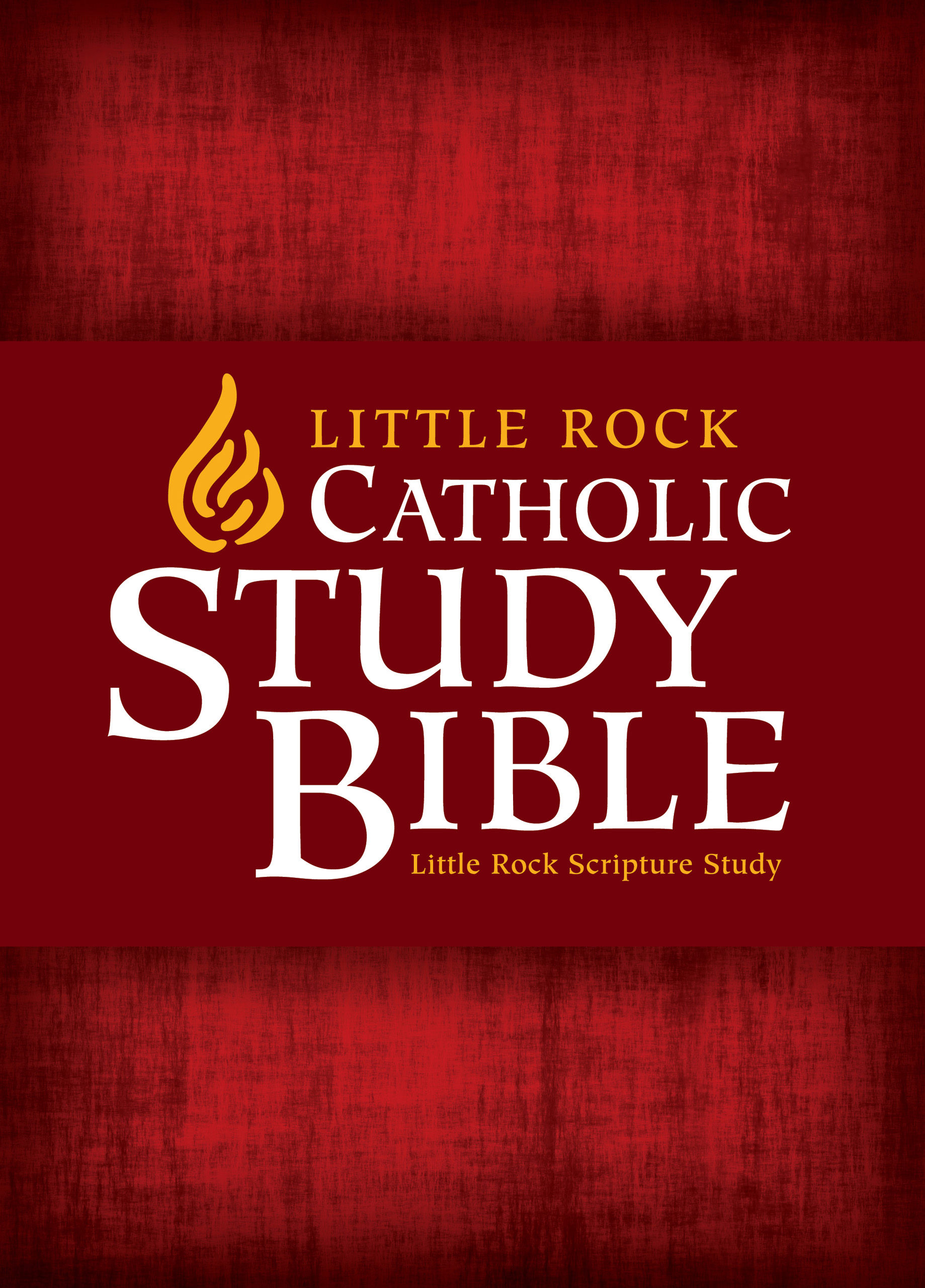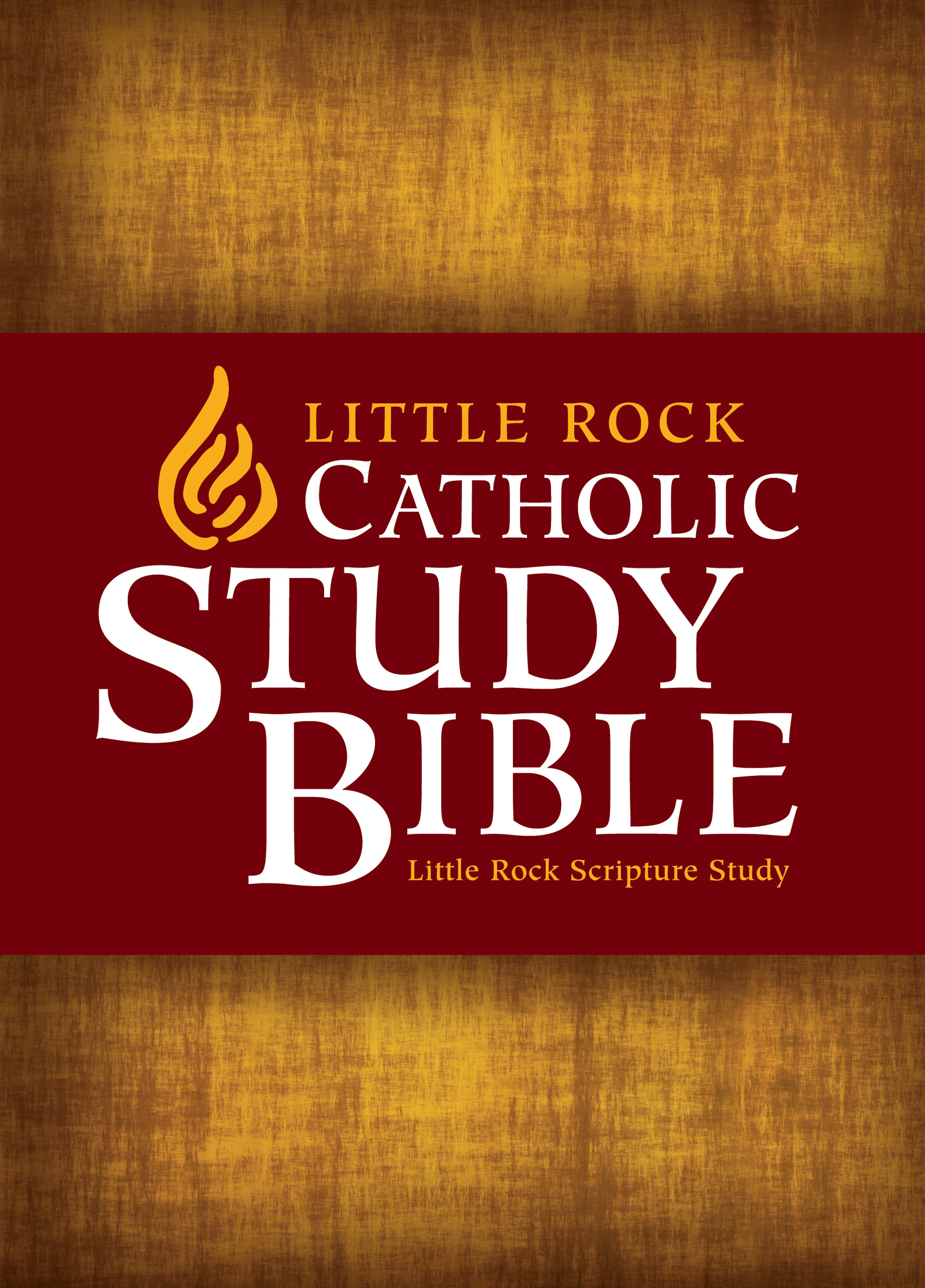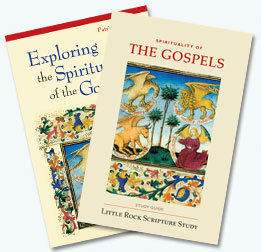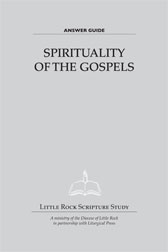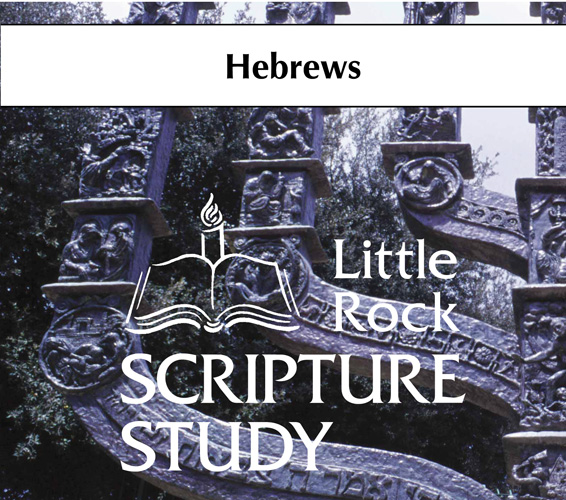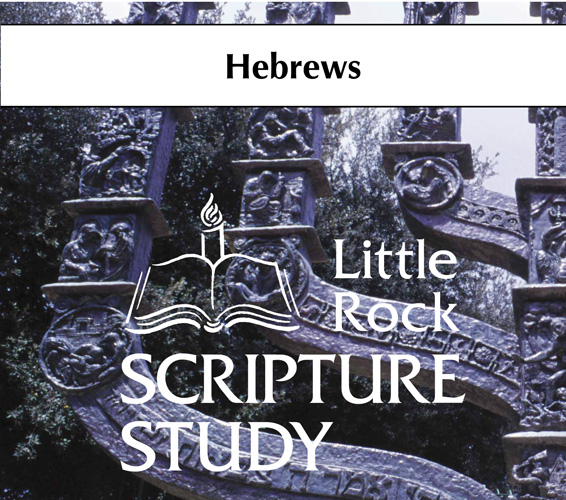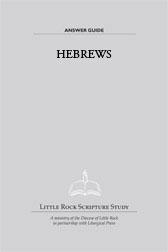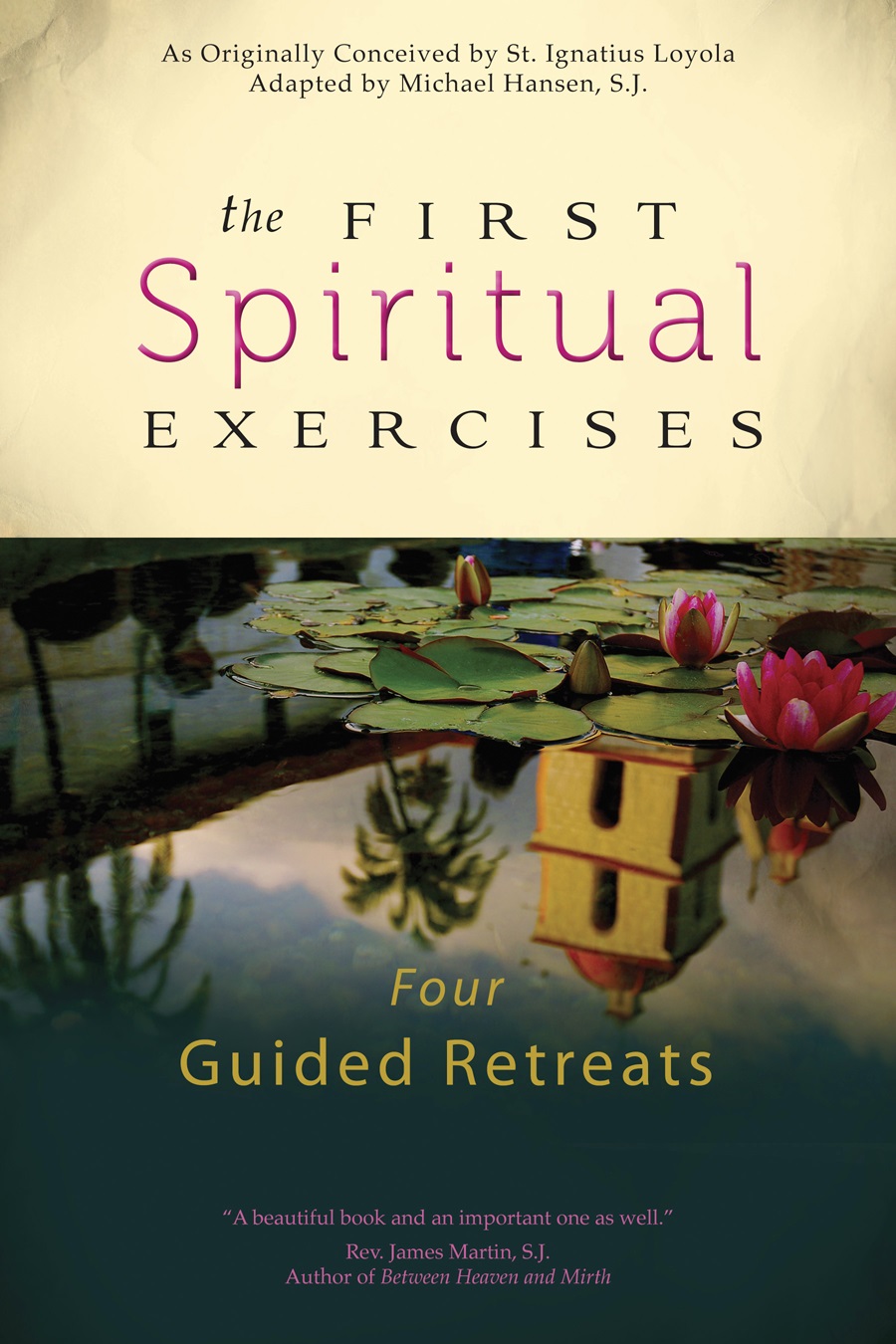Who wrote the Letters to the Romans and to the Galatians?
Why were these letters composed?
What were the major arguments in early Christian communities?
How does lectio divina move us to pray with Scripture?
Rev. Anderson writes that, “each of [Paul’s letters] addresses particular issues and arguments within the community to whom he was writing.” Although he never preached in Rome (he converted many in Galatia), his message was similar in both letters.
The primary issue Paul addresses is how to assimilate the Old and New covenants. The communities, a mixture of Jews and Gentiles, were beginning to live their Christian faith together. As their traditions and newfound teachings would clash, arguments would arise.
Paul’s letters were written with love and concern for the communities he sent them to. And as conflicts would arise, his letters helped these communities work lovingly through divisions.
This title is part of the Liguori Catholic Bible Study. The study is a series of 21 books introducing each and every book of the Bible, providing insight into the Sacred Words of antiquity, and inviting us to discover the living Word and its impact on our daily lives. With narrative, study questions, reflections, keynotes, and prayer, your understanding of Scripture will be deepened with the introduction tot the spiritual practice of lectio divina.
William A. Anderson, DMin, PhD, is a presbyter of the Diocese of Wheeling-Charleston in West Virginia. This director of retreats and parish missions, professor, catechist, spiritual director, and former pastor has written extensively on pastoral, spiritual, and religious subjects. Father Anderson earned his doctor of ministry degree from St. Mary’s Seminary; University in Baltimore, and his doctorate in sacred theology from Duquesne University in Pittsburgh.

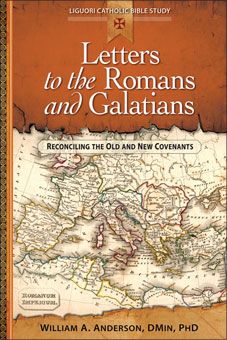
 Back
Back
